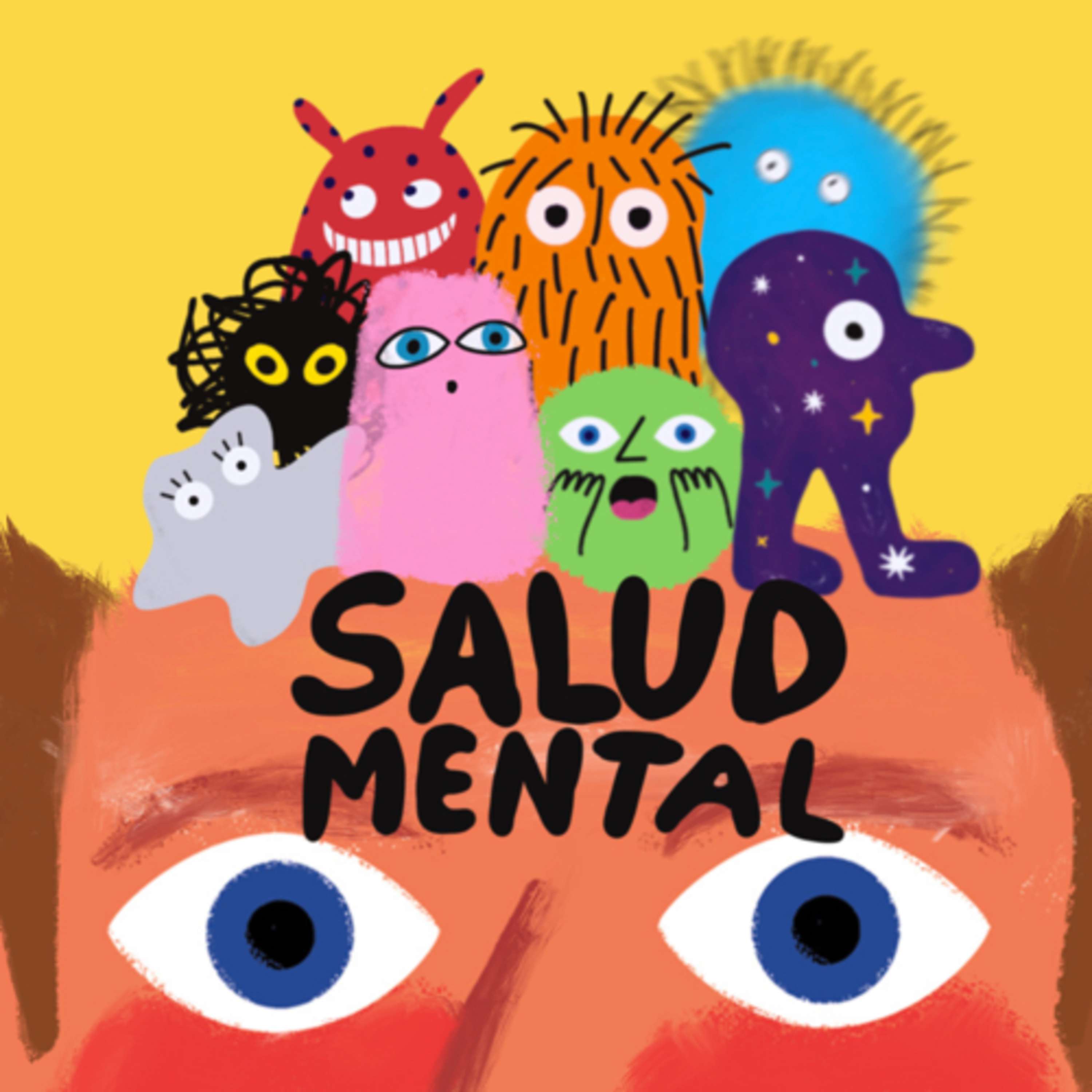Episode Transcript
[00:00:02] My name is Alan Disavia. I am a psychiatrist and psychotherapist and you are listening to Mental Health.
[00:00:23] Today I want to share a simple fact.
[00:00:26] Be careful what you repeat.
[00:00:29] Because whatever you repeat, your brain think is important.
[00:00:34] Your brain does not know if it is good or bad.
[00:00:38] It does not know if it helps or hurt. For your brain, only repetition matter.
[00:00:44] Every small act, every word you say to yourself, every pattern you live shapes your mind.
[00:00:51] When you repeat it, it grows stronger.
[00:00:55] There is neuroplasticity.
[00:00:58] This is how habits are born.
[00:01:01] This is how ways to cope are shaped.
[00:01:06] Neuroplasticity is the brain's ability to change its connections.
[00:01:11] Think of neurons like paths in a forest.
[00:01:15] The more you walk a path, the cleaner, stronger it gets.
[00:01:20] When you stop working it, the path fades.
[00:01:25] Every time you repeat something, a group of brain cells work together to make that path strong.
[00:01:32] When you stop repeating, that path gets weaker.
[00:01:36] It's like a if you stop training a muscle, it loses strength. The same happens with your brain's path.
[00:01:46] This is why when you stop using a language daily, you lose fluency.
[00:01:51] And when you use a language often, you gain fluency.
[00:01:56] One important thing to your brain is simple, neutral.
[00:02:03] It does not see if the repeated action is good or bad.
[00:02:07] It only asks, is this repeated?
[00:02:13] If yes, it thinks it's important.
[00:02:17] If no, it forgets.
[00:02:21] That's why bad habits grow easily.
[00:02:25] Scrolling too much, doubting yourself, eating when you are not hungry.
[00:02:32] Your brain doesn't see them as ur odbard.
[00:02:37] It only sees the repetition.
[00:02:40] So how does this repetition show up in your daily life?
[00:02:47] Think of your daily patterns.
[00:02:50] Maybe you keep checking your phone.
[00:02:53] Maybe you say bad things to yourself.
[00:02:57] Maybe you rush when you could pause.
[00:03:01] Slowly you become that repetition.
[00:03:04] You become restless, you become insecure.
[00:03:09] You become someone's always in a hurry.
[00:03:13] But the opposite is true as well. If you repeat it, pausing before you react.
[00:03:21] If you repeat saying I am enough and I do my best, pay attention to my tone.
[00:03:29] I am enough and I do my best.
[00:03:34] Feel the trust and calm in my voice.
[00:03:37] And imagine saying this in your mind with that same calm and strong tone. When you feel you are not enough, imagine repeating it during your day.
[00:03:52] This obviously take practice every day.
[00:03:57] Repetition is the mother of neuroplasticity.
[00:04:03] But before you change a pattern, there's one first step.
[00:04:09] Awareness.
[00:04:12] Awareness means 2.
[00:04:15] Notice what's happening now and name what you want next.
[00:04:21] For example, I want to improve my inner dialogue.
[00:04:26] That sentence is awareness.
[00:04:29] You see what's happening and you choose where to go.
[00:04:35] The best Time to practice is not in a crisis.
[00:04:39] It's in the calm of daily life, in your normal routine.
[00:04:45] You know what I mean, right?
[00:04:47] Is easier to practice, then you need practice in daily life.
[00:04:52] That's where your brain learns best.
[00:04:57] Think of a small moment when your toes fall upside down, when you spill water, when the bus is two minutes late.
[00:05:08] In those moments with no weak emotions, you can stop, describe what's happening and choose what you repeat next.
[00:05:24] That's how you start rewiring your thoughts.
[00:05:29] Let's look at an perfectionism.
[00:05:33] Many think perfectionism means doing everything perfectly.
[00:05:37] But nothing is ever perfect.
[00:05:40] So perfectionism brings frustration.
[00:05:44] We try our best, yes, but perfectionism is impossible.
[00:05:50] That's part of being human.
[00:05:53] So when you notice perfectionism, call it what it a trap.
[00:06:01] Say to yourself, perfectionism is a trap.
[00:06:05] Repeat in your Perfectionism is a trap.
[00:06:09] Perfectionism is a trap.
[00:06:12] At first, maybe it feels strange or new.
[00:06:15] But with practice, with repetition, your brain sees perfectionism as a failure, not a strength.
[00:06:27] Your brain doesn't mind if it is positive or negative.
[00:06:31] It only cares if it is repeated.
[00:06:35] Small acts repeated often are stronger than big act forgotten.
[00:06:42] So choose what you repeat wisely.
[00:06:47] Let this be your mantra.
[00:06:49] Be careful what you repeat.
[00:06:51] Because what you repeat, your brain think is important to keep.
[00:06:58] Thank you for listening.
[00:06:59] Until next time.


